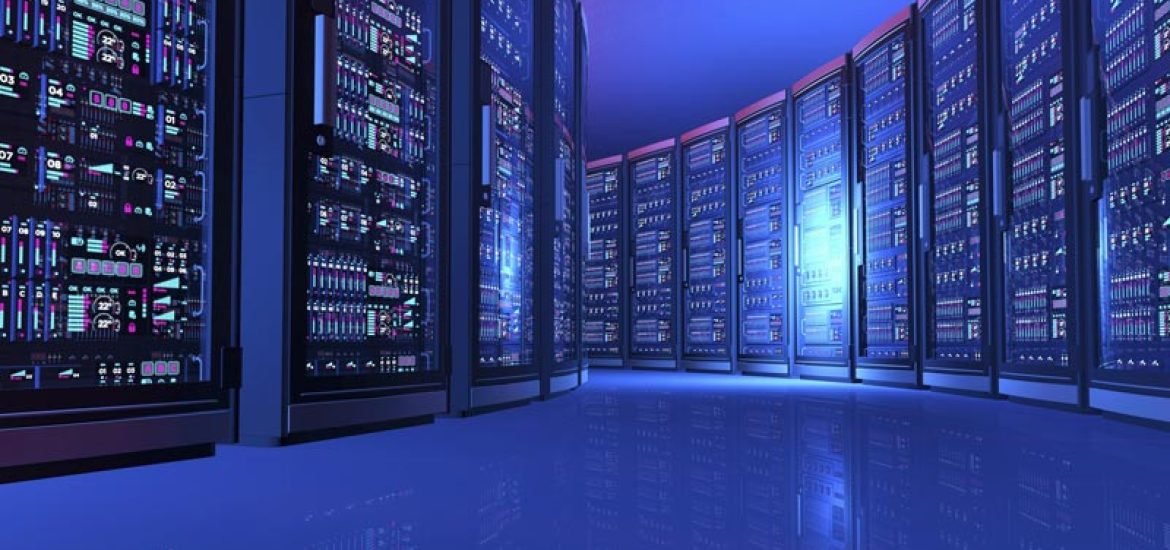
The European Commission has unveiled plans to spend 1bn euros creating “world class” supercomputers capable of match the Chinese and US competition.
The European Commission said on Friday that it intends to fund world class high performance computers (HPC) in Europe through the “EuroHPC” initiative. Supercomputers are a crucial research tool for medicine, aviation, robots and weapons. Without such devices, European companies and scientists still have to process their data outside the EU. Having European HPC will boost future industrial prosperity, strengthen cybersecurity, medical care and boost emerging fields such as artificial intelligence and blockchain.
The sector currently is dominated by three players: The US, Japan and China. The EU pledged to become the 4th. “It is a tough race and today the EU is lagging behind,” said EC vice-president for the Digital Single Market Andrus Ansip. “We do not have any supercomputers in the world’s top ten. With the EuroHPC initiative we want to give European researchers and companies world-leading supercomputer capacity by 2020.” Right now, everyone is losing ground to China, which has overtaken the US in recent years in supercomputer capacity.
The only large European player is Atos SE, which built the Bull Sequana – ranked 55th in the list of top global supercomputers. This gap means that weather, space and other government agencies in Europe, along with private Euro companies like Daimler, Airbus and GlaxoSmithKline must rent supercomputing time on US or Japanese machines. Although Europe is currently lagging behind, some are optimistic: “China is running, the US is running, we are running. We just have to run a little bit faster,” said EU Research Commissioner Carlos Moedas.
In a statement laying out its plans, the Commission said initial work would concentrate on developing machines that match the computational capacities of the world’s most powerful machines. EC said it is willing to invest €486 million and it wants member states to contribute an additional €500 million. Chief among the obstacles to developing these machines, is the need to make components much more power efficient. The electricity consumption of HPC would be vast, equivalent to almost 200,000 homes, an EU official said.
This post is also available in: FR (FR)